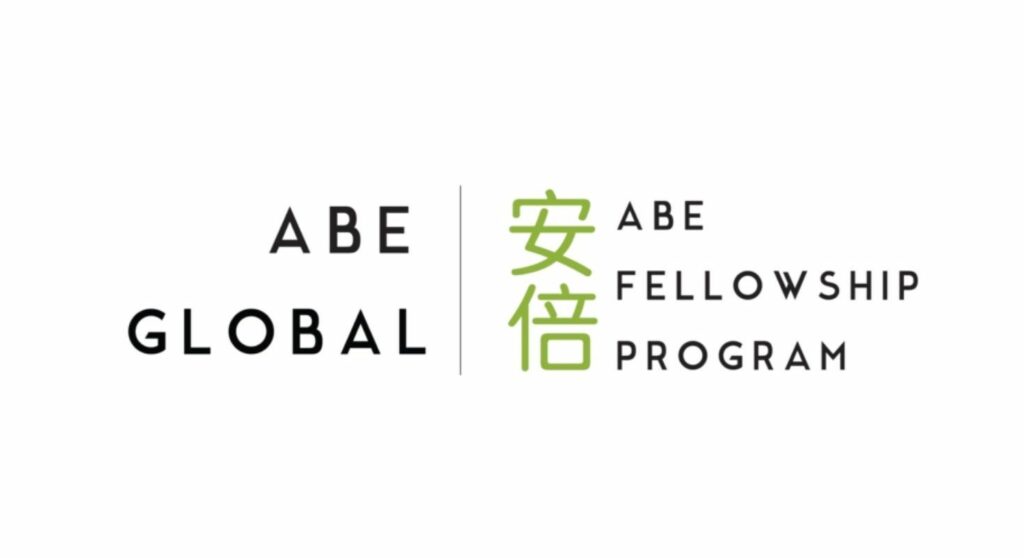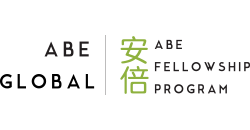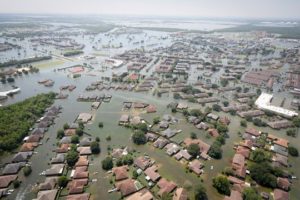Working Group on Institutions Conference
On October 28-29, 2016, the Anxieties of Democracy program’s Working Group on Institutions convened its first conference at Princeton University. The conference was generously sponsored by the Woodrow Wilson School for Public and International Affairs’ Center for the Study of Democratic Politics and Princeton University’s Department of Politics. The conference brought our Working Group on Institutions’ members into conversation with a diverse array of young scholars and experts, who presented new research and together tested the Working Group’s principal axes of investigation regarding the capacity and performance of democratic institutions. The conference was organized by the Working Group’s co-chairs: Frances Lee, Professor of Government and Politics …









